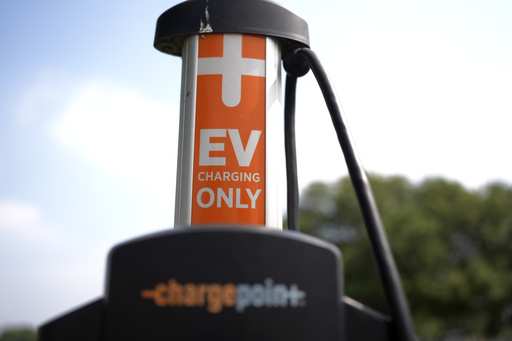Amid a series of extreme weather events fueled by climate change such as floods, hurricanes, heatwaves and wildfires, the topic of climate change received minimal attention during the presidential debate. Vice President Kamala Harris highlighted the concern of young Americans about the issue, pointing out the increase in domestic oil production, a factor contributing to global warming. Former President Donald Trump avoided directly addressing the question on climate change, making inaccurate claims about auto plants and fracking policies during the debate.
Fracking, a controversial drilling method for extracting oil and natural gas, was a focal point of the debate. Trump wrongly suggested Harris would ban fracking, while Harris stated she would not eliminate the practice despite previously opposing it. Fracking contradicts efforts to transition to clean energy, as the burning of oil and gas produces greenhouse gases that contribute to global warming.
Discussion also touched on energy policy, with Harris advocating for diverse energy sources to lessen dependence on foreign oil. The Biden-Harris administration rejoined the Paris Agreement, aiming to reduce emissions and promote clean energy projects. Despite significant climate policies like the Bipartisan Infrastructure Law, more efforts are needed to achieve carbon reduction goals and curb fossil fuel expansion on federal lands.
Renewable energy sources like wind and solar were briefly discussed during the debate, with Trump misrepresenting Harris’s stance on fossil fuels. Solar and wind power are crucial for reducing greenhouse gas emissions and addressing the climate crisis. Increasing renewable energy production is essential for meeting climate targets and transitioning to a sustainable energy future.
Overlooked issues during the debate included the permitting process for new energy projects and challenges in obtaining insurance for disaster-prone areas. Residents in high-risk regions face difficulties in acquiring insurance, while misinformation and community opposition can hinder renewable energy projects. Electric vehicles received minimal attention, despite their importance in reducing emissions. Political misinformation and challenges in resource mining for EV batteries remain critical issues in the transition to greener transportation options.




